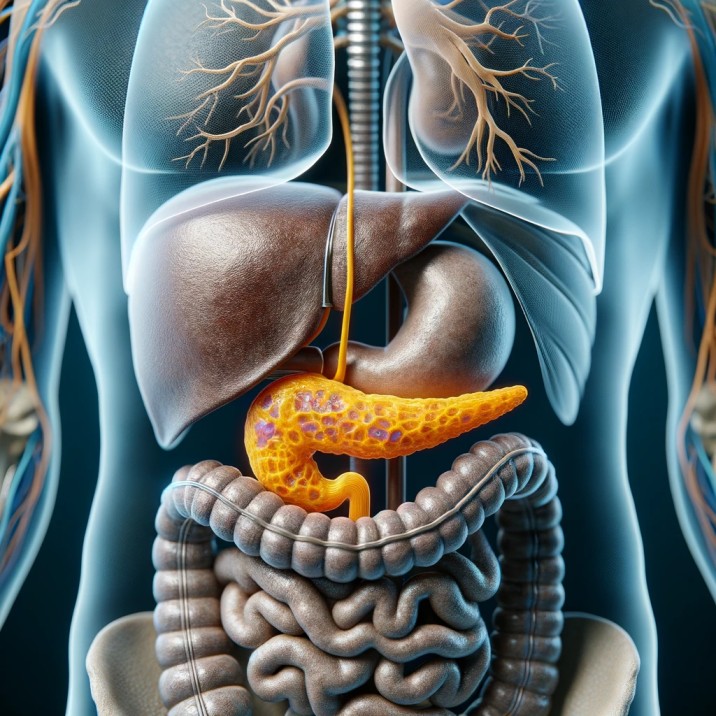The pancreas is an essential organ located in the abdomen, nestled between the stomach and the spine. It plays a crucial role in the digestive system and in regulating the body’s sugar levels. Understanding the function, disorders, and importance of the pancreas is key to appreciating its role in maintaining overall health.
The pancreas is about six to ten inches long and resembles the shape of a flattened pear or a fish. It’s positioned horizontally behind the stomach, extending from the curve of the duodenum, which is the first part of the small intestine, to the spleen. This placement in the abdominal cavity makes it a retroperitoneal organ, meaning it lies behind the peritoneum, the lining of the abdominal cavity.

Functionally, the pancreas serves two main roles: an exocrine function and an endocrine function. The exocrine function involves producing digestive enzymes, which are crucial for breaking down food in the small intestine. These enzymes are transported through the pancreatic duct to the duodenum, where they aid in the digestion of fats, proteins, and carbohydrates.
The endocrine function of the pancreas is related to blood sugar
regulation. The organ contains specialized cells known as islets of Langerhans, which produce important hormones like insulin and glucagon. Insulin is vital for regulating blood sugar levels by facilitating the uptake of glucose by cells, while glucagon helps to increase blood sugar levels when they fall too low. The balance between these hormones is critical for maintaining homeostasis in the body.
Disorders of the Pancreas
The pancreas is susceptible to several disorders that can significantly impact health. One of the most common issues is pancreatitis, which is inflammation of the pancreas. This can be acute or chronic and is often caused by gallstones or excessive alcohol consumption. Symptoms may include abdominal pain, nausea, and vomiting, and severe cases can lead to complications like infection or pancreatic necrosis.
Another major concern is pancreatic cancer, which is particularly dangerous because it’s often diagnosed in later stages when treatment becomes more challenging. Risk factors for pancreatic cancer include smoking, chronic pancreatitis, and certain genetic conditions.
Diabetes is another significant condition related to pancreatic dysfunction, specifically in insulin production. Type 1 diabetes results from the autoimmune destruction of insulin-producing

